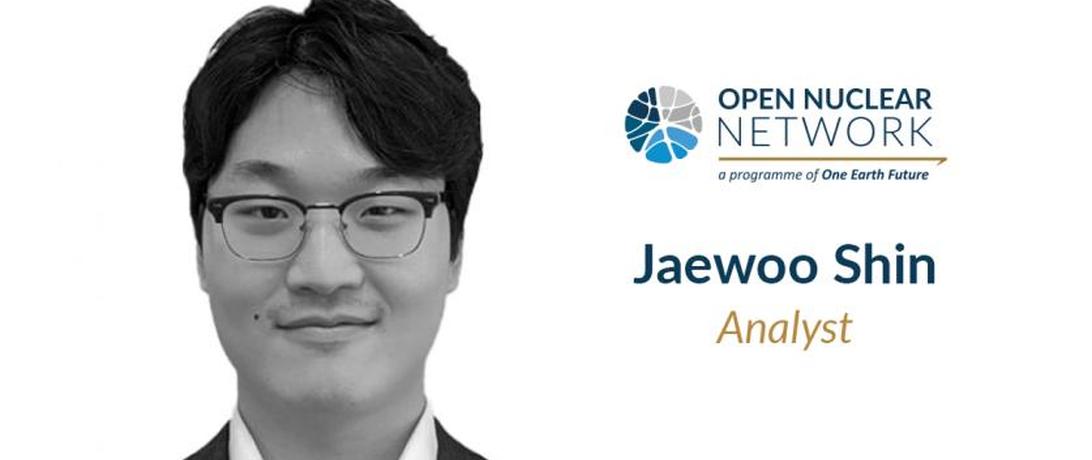Tell me about yourself. Your background.
I'm Korean but grew up and spent most of my life in Europe. My academic background is in political science and I recently completed a dual master's program in International Security and International Relations from the London School of Economics and Political Science in the UK and Sciences Po Paris in France.
What is your role at ONN?
I use open source data, statistics and machine learning to understand evolving trends related to nuclear risk reduction. Our current focus is the Korean Peninsula which, on a personal level, I obviously care deeply about. On an academic and intellectual level, I have always found it to be one of the most fascinating, albeit at times frustrating, places to think about. I am excited to be able to combine the two in my new role with One Earth Future's (OEF) Open Nuclear Network (ONN) programme.
How did you get engaged in the Open Source Intelligence field?
Between studies, I did an internship at a think tank focusing on the two Koreas and was tasked to do some background research for a publication on the fishing industry in North Korea. I love fish and it's a staple in Korean cuisine, but I knew nothing about the workings of an entire nation's industry and the North Korean one specifically. Not only did I quickly learn more about the important role it plays in the North Korean economy and civil-military relations, the work also introduced me to the open source intelligence world. I was surprised how much I could find out about this very niche topic as a mere intern with a computer and internet access.
What does Open Source Intelligence mean to you?
Accessing publicly available data and having the ability to do independent analyses as a citizen of the world, not as a government employee. Especially in the rapidly evolving security field, it is very empowering and confidence boosting to know that you can base your analyses on information that has not been simply released by state entities.
Why is Open Source Intelligence important for the global community?
We hope that our analyses can facilitate healthy discussions among decision makers on risk reduction. National intelligence briefings may be more advanced in some aspects, but those can obviously not be shared with and provide a basis for talks with declared adversaries. Published analyses are also helpful for the general public to form its own opinion on the successes or shortcomings of its elites.
Read more about Jaewoo or contact him.
